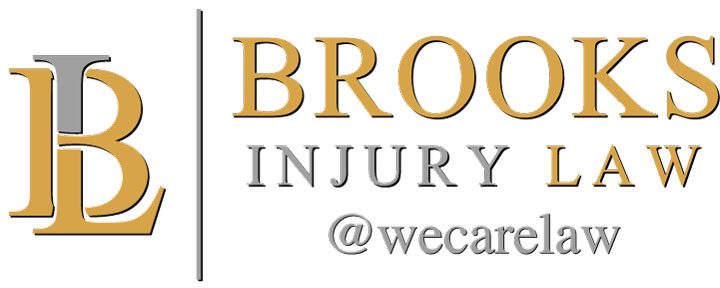We proudly serve anyone in Georgia.
At Brooks Injury Law, we proudly serve anyone in Georgia who has been injured due to no fault of their own. No matter where you are in the state, we are here to provide the support and legal expertise you need to seek justice. With multiple locations across Georgia, highlighted on the map below in gold, we’ve made it easier than ever for clients to access our services.
Our headquarters is located in Peachtree Corners, and we also have convenient offices in Smyrna and Newnan. We understand the importance of meeting face-to-face, so we’ve strategically positioned our offices to better serve you. However, we don’t stop there. If you are unable to come to us, rest assured we are willing to travel wherever our services are needed.
If you or a loved one have been hurt and need guidance during one of the most challenging times in your life, reach out to our team of compassionate attorneys and paralegals. We truly care about helping you and your family through the entire process. Let us fight for you.

